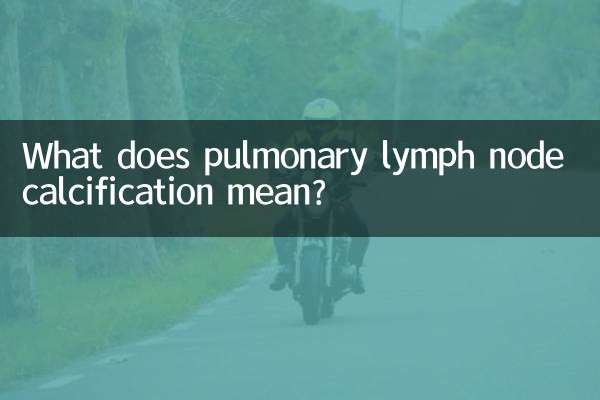What does fasting mean?
In recent years, the concept of "fasting" has been frequently mentioned in the fields of health, diet and medicine, especially in social media and health science articles. Topics such as precautions for fasting and the pros and cons of fasting often trigger heated discussions. So, what exactly does fasting mean? What effects does it have on our bodies? This article will give you a detailed analysis based on the hot topics and hot content on the Internet in the past 10 days.
1. The definition of fasting

Fasting usually refers to a state of no food or only a small amount of food in the stomach. Medically speaking, fasting generally requires patients not to eat within 8-12 hours before the examination, but they can drink a small amount of water. In daily life, fasting may refer to the state of not eating after getting up in the morning, or the state of food in the stomach being basically digested between meals.
2. Physiological mechanism of fasting
In a fasting state, the body's blood sugar level is low, insulin secretion decreases, and glucagon and other hormone secretions increase to maintain blood sugar stability. At this point, the body begins to break down fat and protein to provide energy. The following are the main changes in the body during a fasting state:
| Physiological indicators | Changes in the fasting state |
|---|---|
| blood sugar level | Decrease, tend to stabilize at a lower level |
| insulin secretion | reduce |
| glucagon secretion | increase |
| lipolysis | Accelerate and release fatty acids for energy |
3. Common misunderstandings about fasting
There are many controversies and misunderstandings on the Internet about fasting. The following are some of the most discussed issues in hot topics in the past 10 days:
| Misunderstanding | scientific explanation |
|---|---|
| Don’t drink coffee on an empty stomach | Drinking coffee on an empty stomach may stimulate gastric acid secretion, but it has less impact on healthy people. People with sensitive needs to be cautious. |
| Exercise on an empty stomach helps you lose weight | Fasting exercise may increase fat burning, but the intensity should not be too high to avoid hypoglycemia. |
| Eating fruit on an empty stomach hurts the stomach | Most fruits can be eaten on an empty stomach, but highly acidic fruits (such as lemons) may irritate the gastric mucosa. |
4. Precautions for fasting
Your body may respond differently to certain foods or behaviors when you're fasting than when you're not fasting. Here are some things to note:
1.It is not advisable to drink a lot of alcohol on an empty stomach: Alcohol is absorbed faster, makes you drunk easily and is more irritating to the gastric mucosa.
2.Use certain medications with caution on an empty stomach: Non-steroidal anti-inflammatory drugs such as aspirin and ibuprofen may irritate the gastric mucosa.
3.Do not exercise strenuously on an empty stomach: May cause symptoms such as hypoglycemia and dizziness.
4.It is necessary to follow the doctor’s advice before fasting physical examination: Some inspection items require strict fasting, otherwise the accuracy of the results will be affected.
5. Fasting and health management
In recent years, intermittent fasting has attracted much attention as a health management method. It helps regulate metabolism and control weight through regular fasting periods. Here are common intermittent fasting methods:
| method | fasting time | eating time |
|---|---|---|
| 16:8 method | 16 hours | 8 hours |
| 5:2 method | Only eat 500-600 calories 2 days a week | Eat normally for the remaining 5 days |
| Fasting on alternate days | Complete fasting or very low calorie intake every other day | Eat normally the next day |
6. Summary
Fasting is a normal physiological state of the human body, and correctly understanding and managing the fasting state is crucial to health. Whether it is fasting precautions in daily life or using the fasting state for health management, they need to be based on scientific basis and vary from person to person. The recent hot discussion on fasting also reminds us that the dissemination of health information needs to be more rigorous to avoid misleading.
Through the structured data analysis of this article, I hope it can help you understand the concept of "fasting" more comprehensively and make more scientific choices in your daily life.

check the details

check the details